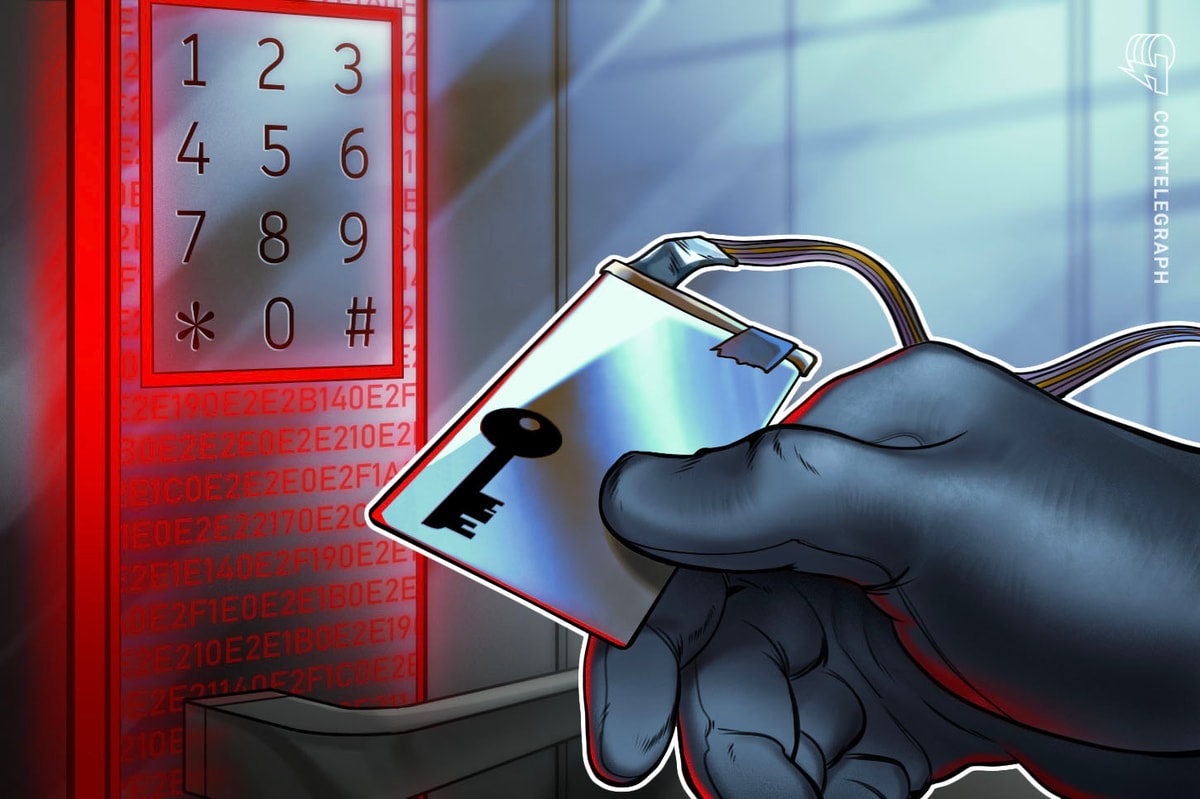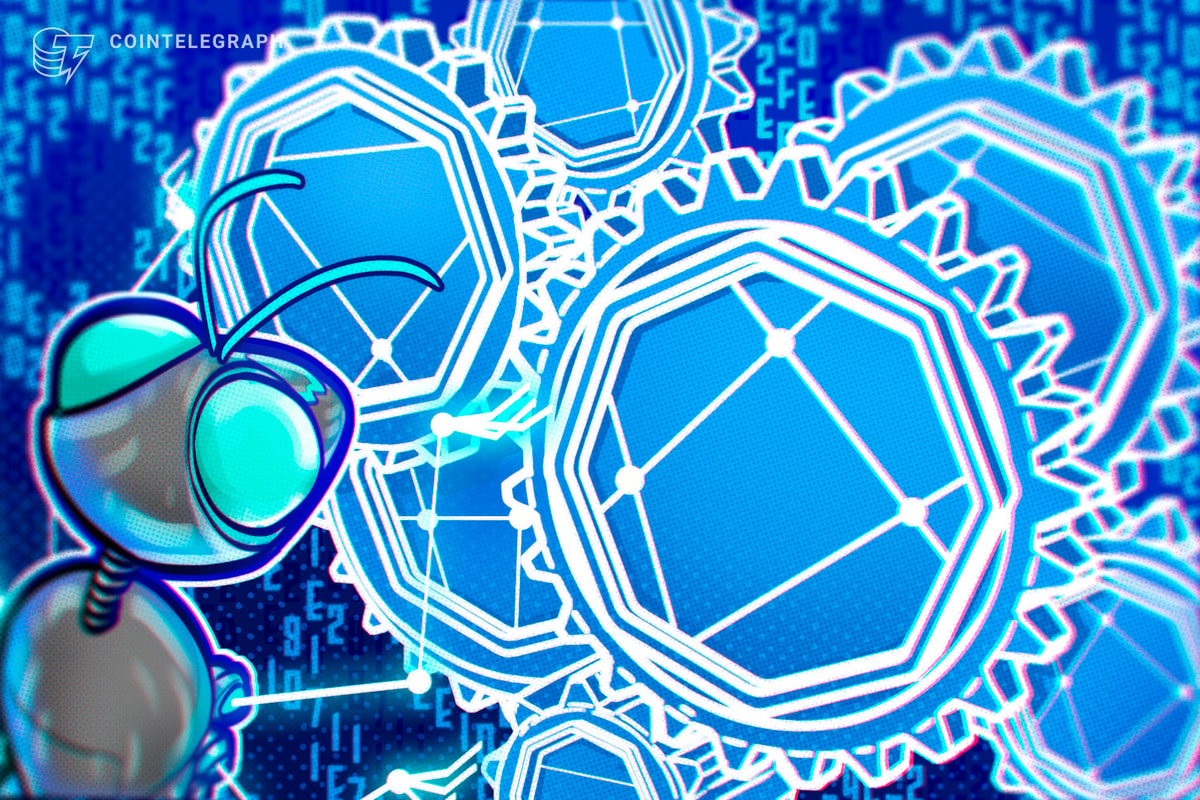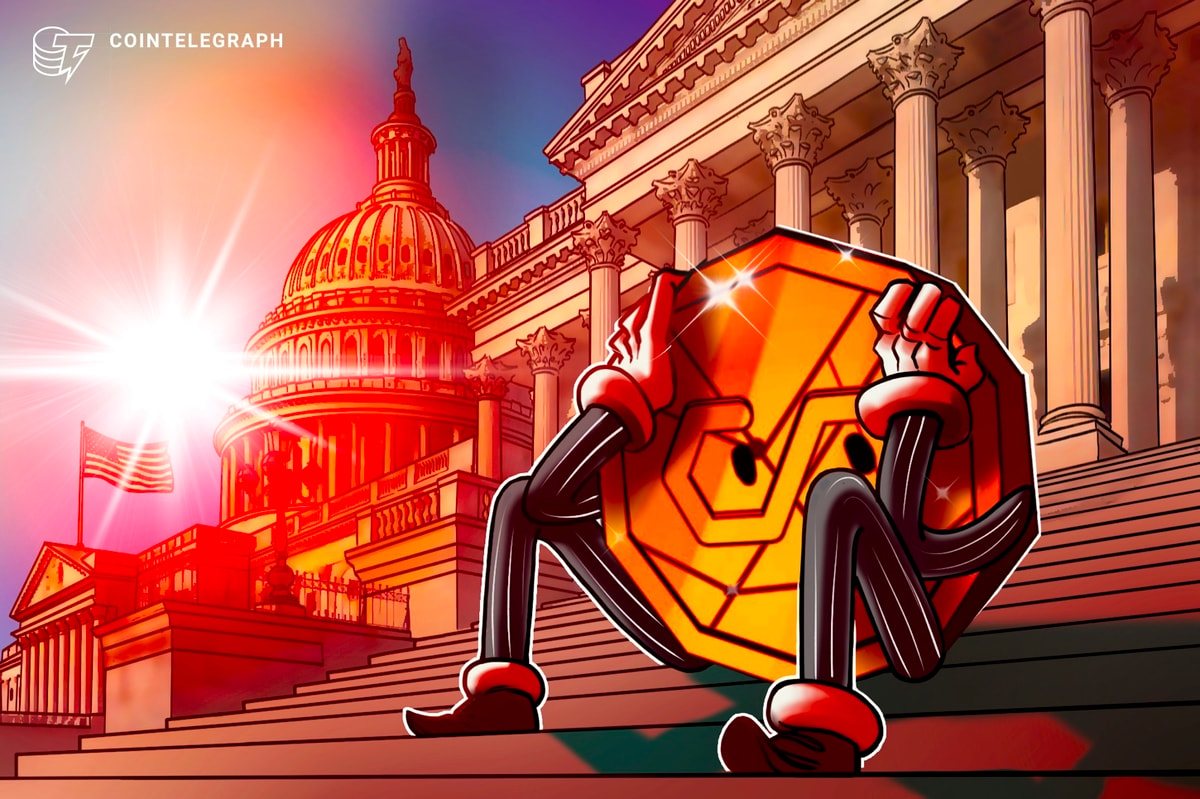Distributed denial-of-service (DDoS) attacks are outpacing many traditional cyber threats and are no longer just a tool but a “dominant geopolitical weapon,” according to network security firm Netscout.
Global DDoS activity increased by 12.7% in the second half of 2024 compared to the first half, totaling almost 9 million attacks, according to the firm.
A DDoS attack is a malicious attempt to disrupt the normal web traffic of a targeted server, service or network by overwhelming the target or its surrounding infrastructure with a flood of internet traffic.
The largest increases have been in Latin America and the Asia Pacific regions, with around 30% and 20% increases from the first half, respectively.
Netscout reported that there were a total of 7.9 million DDoS attacks in the first half of 2024, with a combined total of 16.8 million for the full year, up almost 30% from the 13 million attacks the firm recorded in 2023.
Attackers have been using the internet disruption tool to “exploit moments of national vulnerability to amplify chaos and erode trust in institutions,” the researchers said.
The report described DDoS attacks as “precision-guided digital weapons” capable of disrupting infrastructure at critical moments, highlighting how they have been deployed during sociopolitical conflicts, elections, protests and policy disputes.
Weekly DDoS statistics, 2024. Source: Netscout
AI is supercharging DDoS attacks
DDoS-for-hire services, including booters and stressors, are “more powerful than ever,” they added, as cyber criminals leverage AI and automation to bypass CAPTCHA, with automation “advancing toward capabilities such as behavior mimicry and real-time attack adjustments.”
The researchers concluded that DDoS attacks “are no longer just about raw bandwidth,” adding that they are “adaptive, persistent, and deeply embedded in modern cyber and geopolitical conflicts.”
“The shift to high-powered enterprise infrastructure, turnkey reconnaissance, the rise of AI-enhanced automation and the expansion of DDoS-for-hire services mean that attackers are evolving faster than ever.”
The role of DDoS attacks is evolving, Corero Network Security chief technology officer Ashley Stephenson told Forbes recently, adding, “By automating tasks that were once labor-intensive or required specialized skills, AI lowers the barrier to entry for attackers.”
Related: Crypto crime in 2024 likely exceeded $51B, far higher than reported: Chainalysis
A DDoS attack targeted Elon Musk’s social media platform X in August, aimed at disrupting his interview with then-presidential candidate Donald Trump.
X was targeted again in March when a massive cyberattack prevented some users from accessing the platform.
A hacking group with ties to Russia called “Dark Storm” claimed responsibility for the DDoS attack on Musk’s platform, claiming that it was not politically motivated.
Magazine: Financial nihilism in crypto is over — It’s time to dream big again










